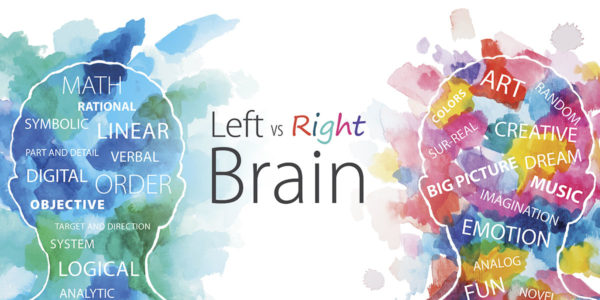Emotional Marketing & Hollywood
Working in the marketing department of a major Hollywood movie studio during the 1980’s was incredibly fun, ridiculously stressful and most definitely entertaining. I wasn’t quite aware of it at the time, but I was about to embark on a long journey into the world of Emotional Marketing. That journey has continued to shape my experiences, knowledge and most importantly my ideas. And for the last thirty years, that has been the central focus of our integrated marketing agency.
Lets start with the definition of Emotional Marketing: Identifying a person’s emotional and behavioral patterns of response and connecting them to a brand through marketing, creativity, technology and applied science.
Simply put: The practice of connecting a brand to emotional needs and aspirations.
The power of emotion is considerable. Emotions give meaning to events. People often associate emotional events with brands. The fact is research over the last decade has pointed to an overwhelming influence of emotion on our decision-making process. People buy based on emotion not logic. Logic justifies the decision, but emotions always come first. Therefore, the better you understand the decision-making process of your customers, the better it will be for your ROI.
Emotional marketing is about taking the focus off of what you do as a business and communicates why you do it. It’s backing away from the features and benefits of the brand and connecting it to your customers’ feelings. Whether it makes them feel secure, intelligent, or adventurous, these are the feelings that will actually compel someone to action. And what’s more, emotion will be the difference between customer satisfaction and loyalty; and loyalty is what will keep people coming back to your brand, again and again.
Feelings drive behavior.
The way people think about a brand does not make them act. The way they feel about a brand does. Especially the way a brand makes them feel about themselves. Does it make them feel more appealing, secure or empowered? These are the questions we ask every time we begin any new creative challenge.
Ask yourself this:
As a marketer, do you know the emotions your customers feel when interacting with your brand? If so, can you use that knowledge to motivate that customer to do something?









